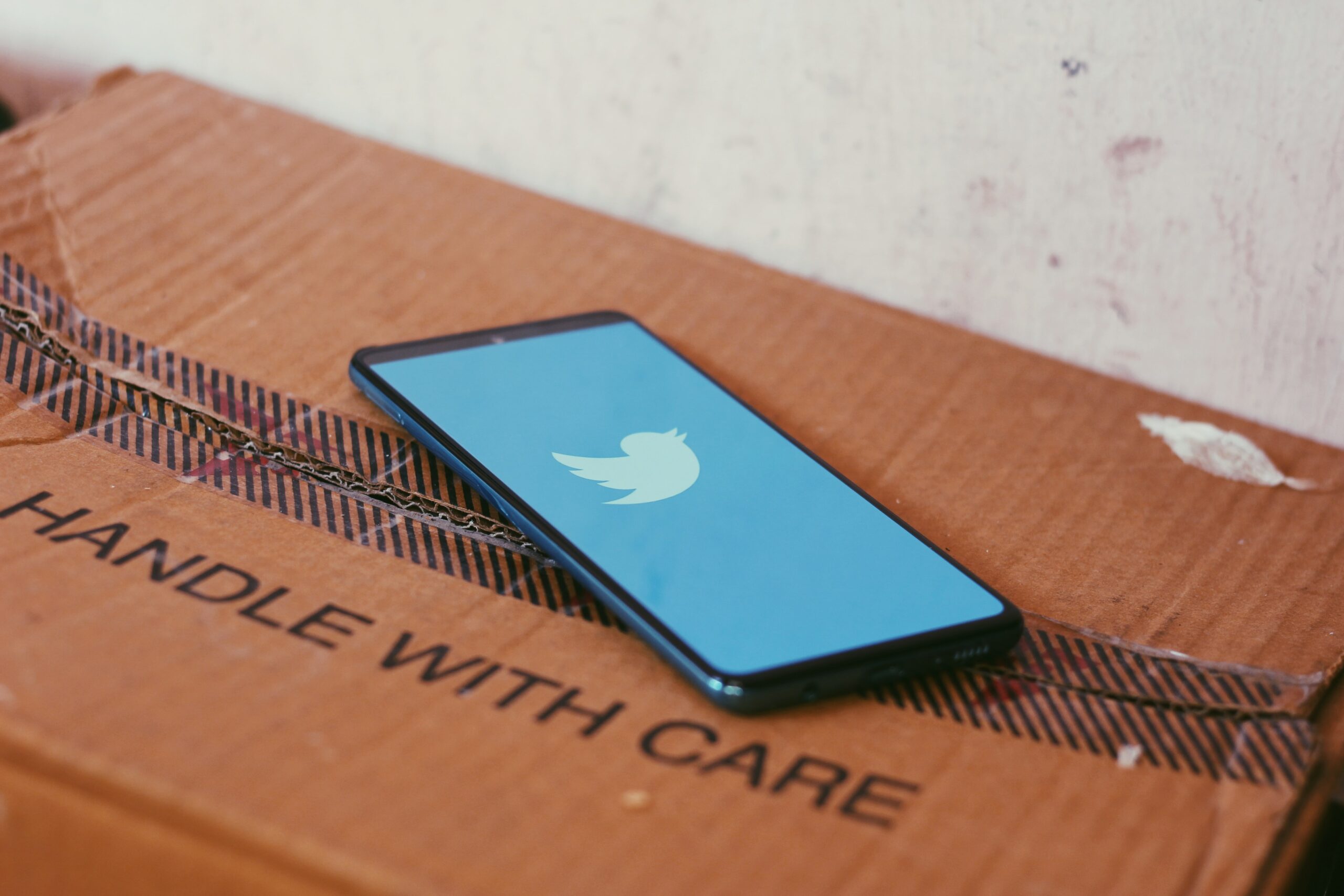Elon Musk, who is currently making history in space, has purchased Twitter for $30 billion. While the purchase price is high and Musk hasn’t said exactly why he bought it, we can make some guesses about what could happen next. Based on his past behavior, here’s what brands should expect from their new Twitter ads overlord:
Elon is aware of Twitter’s limitations as an ad platform.
Now that Musk has purchased Twitter, it’s important to note that he is aware of its limitations as an ad platform. The social media giant has been losing money for years and needs to reinvigorate itself with new ideas and products if it wants to stay relevant.
Twitter is a loss-making company that has never made a profit. It is not unusual for tech companies to struggle in the early years as they complete their product and scale up operations, but Twitter has been losing money for years. The company lost $40 million in 2013, $464 million in 2014 and $457 million in 2015. It was also hit by a massive hack last year which cost it another $100 million.
Musk is not a fan of Twitter’s ad business. He has said several times that it is not a good use of his time and he does not understand why people use the platform for advertising. When asked about his company’s new promotions on Twitter at an earnings call in February, Musk said: “I don’t really have any opinion, I find them to be quite ineffective and ads in general are just annoying.”
Brands should carefully consider their advertising strategies moving forward.
Elon Musk’s purchase of Twitter should be a wake-up call for brands to carefully consider their advertising strategies moving forward.
We’re living in an era of unprecedented change, and it’s difficult to predict what the future will bring. The world is changing so rapidly that it can be hard to keep up with the speed at which technology is evolving, let alone anticipate how your business will be impacted by these changes on a day-to-day basis. In light of this uncertainty, I believe that brands must think differently about how they approach marketing activities—and nowhere is this more true than with social media advertising campaigns.
Elon may improve the user experience and demand higher quality from advertisers.
Elon Musk’s purchase of Twitter may be actually good news for advertisers. As one of the world’s most successful entrepreneurs, he has a proven track record of turning around struggling companies.
Expect to see improvements in three areas: ease of use, fun and interactivity, and user experience.
Twitter has been working to improve its user experience and the quality of ads on the platform. In fact, Twitter is already more stringent than Facebook when it comes to approving ads based on what’s in them. It’s also a member of the Trustworthy Accountability Group (TAG), which has a set of standards for brands that want to run ads online.
In addition, Twitter announced that it will no longer allow third-party ad targeting based on offline data, such as credit scores or purchase history from loyalty cards and customer rewards programs; any advertisers using these methods needed to make changes or risk losing their ability to serve ads through Twitter entirely. This decision comes after Facebook announced last year that it would be ending third party data exchanges as well—a move that was widely applauded by privacy advocates but could hurt some small businesses who rely on these tools for targeting customers online with relevant offers and discounts.
In the days leading up to his announcement, Musk used his Twitter account to tease what was about to happen. The tweets came with hashtag #BuyTwitter, and at one point he even tweeted out a link that would have taken people directly from his profile page to a landing page with the same name. The tweets were viewed by thousands of people who were either curious or excited about what was going on. While it’s unclear whether this was intentional or not, it seems reasonable that many companies would have tried something similar if given the chance—and it could make for some great content for advertisers if they do so!
Among other things:
- Take advantage of news events; use them as an opportunity for creativity (and engagement)
- Be transparent and authentic in how you communicate with consumers; don’t try too hard or force anything
- Test new ad formats (like promoted posts) as well as targeting options
In closing, advertisers should expect that Elon Musk’s purchase of Twitter will affect the platform in a variety of ways. First, he plans on improving the user experience by making it more like Instagram. Second, he wants to make Twitter more profitable for its users and advertisers by making ads less annoying and intrusive. Finally—and most importantly—Musk’s purchase of Twitter means that the social media giant could be revitalized as an innovative platform for advertisers with new marketing opportunities.



